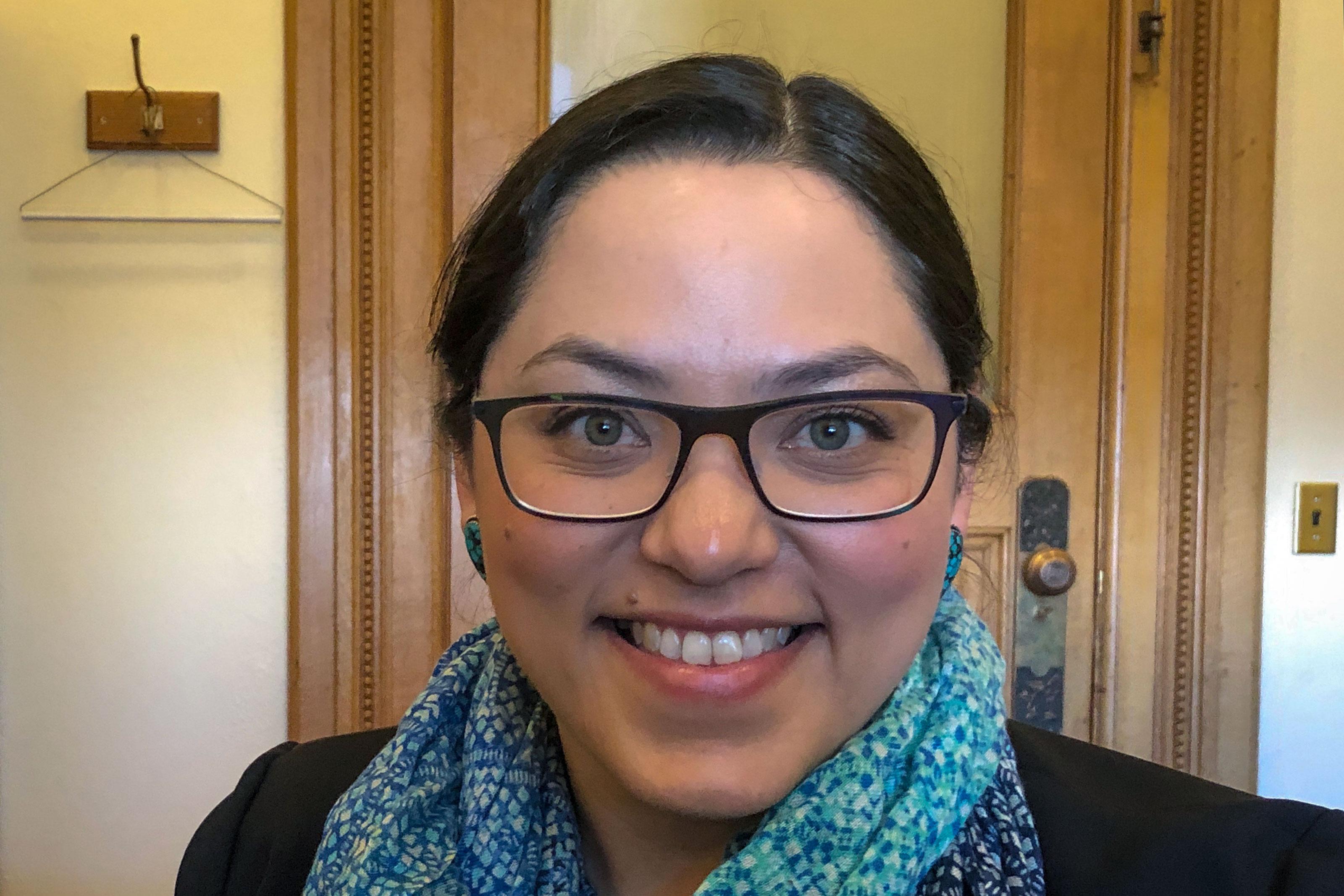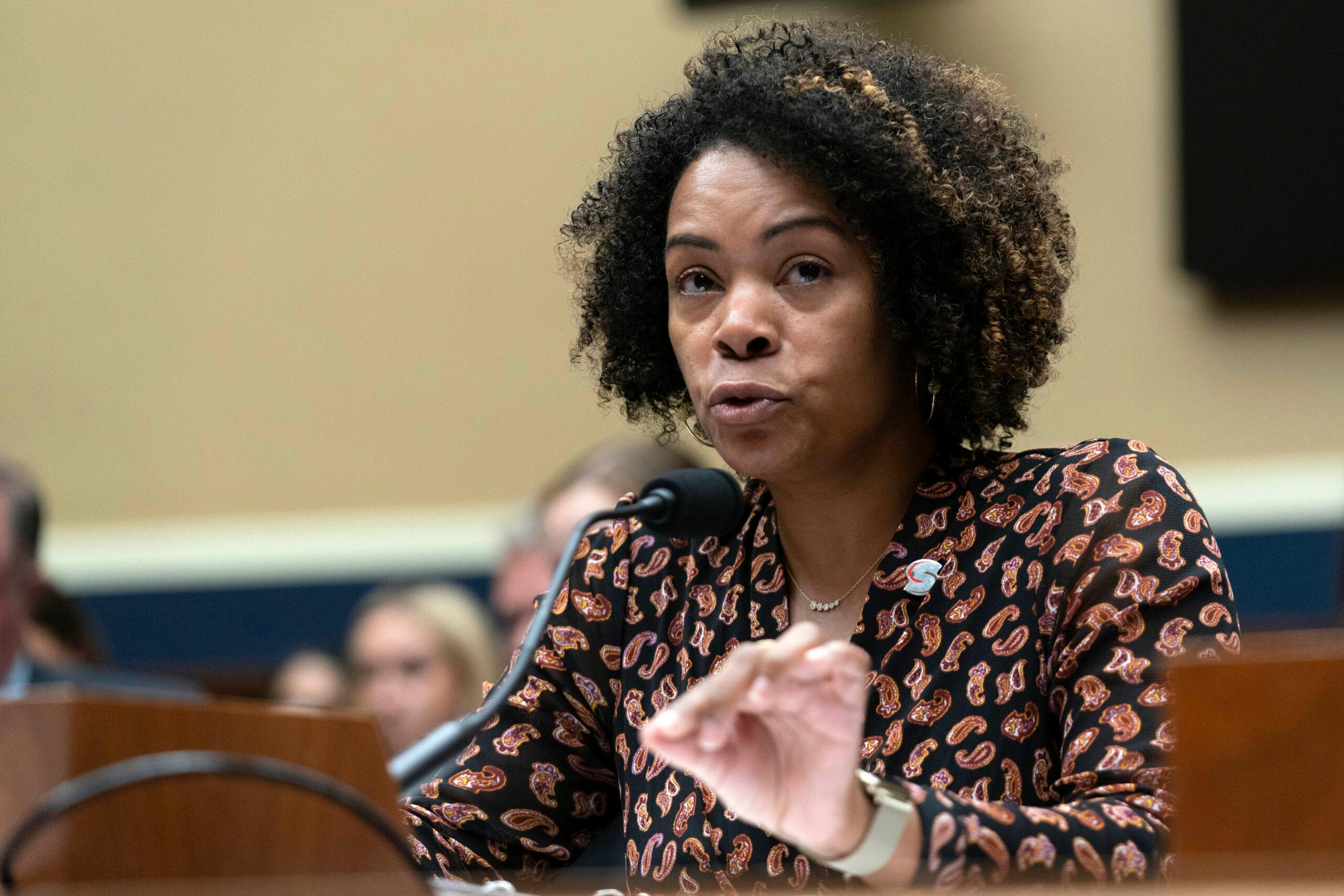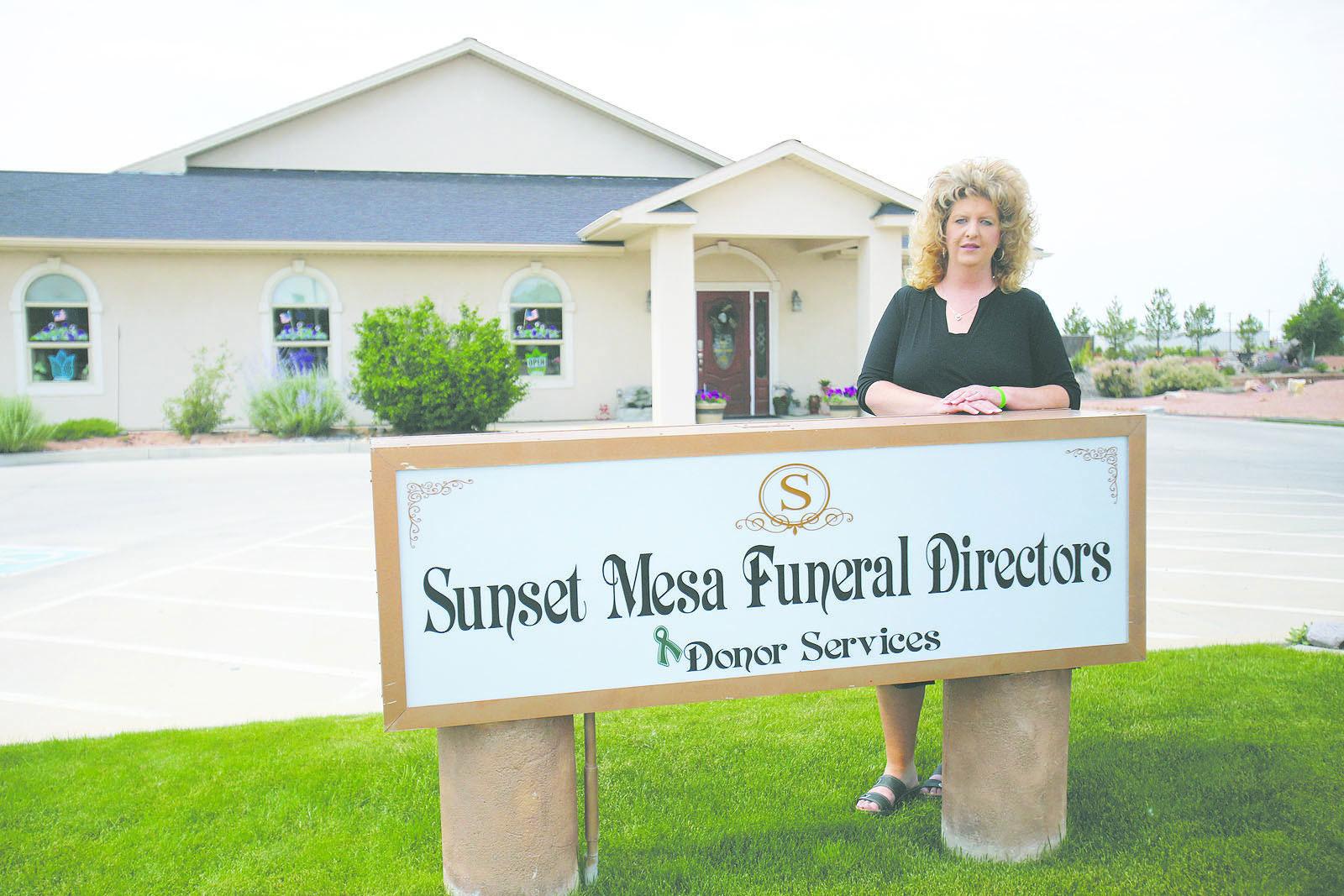

With Colorado Democrats in solid control of the House and the Senate, it’s on party leaders to manage all of the different bills coming through their chambers – both from Republicans and their own members.
Unlike Congress, where a bill can be introduced and then languish without a hearing, every piece of legislation at the Colorado statehouse requires a public hearing and at least one recorded vote.
Freshman Democratic Sen Julie Gonzales of Denver argues that is the deeper issue with “dysfunctionality in Washington, D.C.” versus Colorado’s government.
Before she was elected, Gonzales advocated for immigration and social justice policies and remembers what it feels like to be on the losing end of legislative battles. Still, she said hearings can help elevate issues even when a bill is sure to fail. She plans to introduce rent control this session and acknowledges that she doesn’t even have enough support from her own party.
For her, it’s still important to run that bill, because “that is what community is asking me to do, because their lived experiences demonstrate that they need a change in the law.”
Bills that legislative leaders don’t want to deal with often go one place: the kill committee. Ideological or partisan bills are frequently sent there, as are bills that would be tough for moderate lawmakers to vote against.

The benches of the kill committees are typically filled with lawmakers from safe districts.
Republican Sen. Ray Scott of Grand Junction, who chaired the State Veterans and Military Affairs Committee a few year ago – one of the kill committees – thinks “it’s fair to say there are committees that are designed to take care of the political statements. That’s pretty much what we do a lot of.”
But new Democratic Senate President Leroy Garcia wants to take a different approach.
“There have been some historical precedence of other administrations, or other teams to use those committees in a way that isn’t a way that I share,” the Pueblo senator said.
It’s Garcia’s responsibility to pick which committees bills are sent to. He wants to avoid the use of kill committees and send legislation to its logical destination. For instance, health care bills go to the health care committee. That could mean Democrats in swing seats may have to take some politically risky votes. Garcia, for his part, said he doesn’t see it as his role to protect them from those votes.
“That comes with the job,” Garcia said “That comes with the responsibility of the members of that district you represent. That’s what people elect you to do. I wouldn’t feel good about myself going back to my district saying I’m stifling that process or don’t want to take that vote.”
Some senate Republicans already feel like Garcia’s no-kill committees policy isn’t applied evenly with all of their bills. However, they acknowledge that the minority position means that don’t have much say whether or not their bills live or die.

Over in the House, Democrats have a much wider majority than the Senate and many new lawmakers range from moderate to very liberal. That means the chamber could face some intra-party fights.
“This caucus hasn’t been tested yet. It’s early in session, and we have a lot of new dynamic people who come from districts that Trump won by 16 points,” said Majority Leader Alec Garnett. He said Democrats will have to learn how to disagree with each other.
Democratic Rep. Leslie Herod of Denver, the chair of the finance committee, said it’ll be her job “to have tough conversations with bill sponsors if they don’t have a smart way to fund their bills.”
Her committee is another place leaders may send bills that are politically difficult for other lawmakers to vote against. Sometime though, Herod said bills don’t die because of the politics or the policy, but because of the price tag.
“I think we’ll be killing some bills in finance this year. Democrat and Republican bills,” she said. “And I think that is just the way things go.”
Because Colorado’s Constitution requires that every bill gets a hearing, all of those policies will at least be publicly debated — no matter their ultimate fate. And for the Democratic majority these public hearings are also a chance to test support for ideas they’re not fully ready to get behind. For Republicans in the minority it’s a way to get their own message out.









